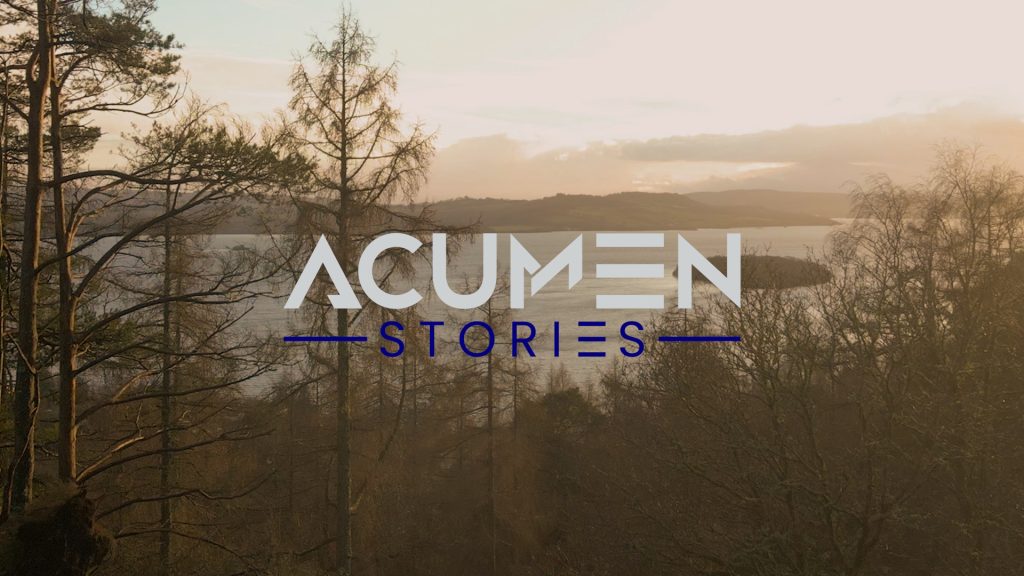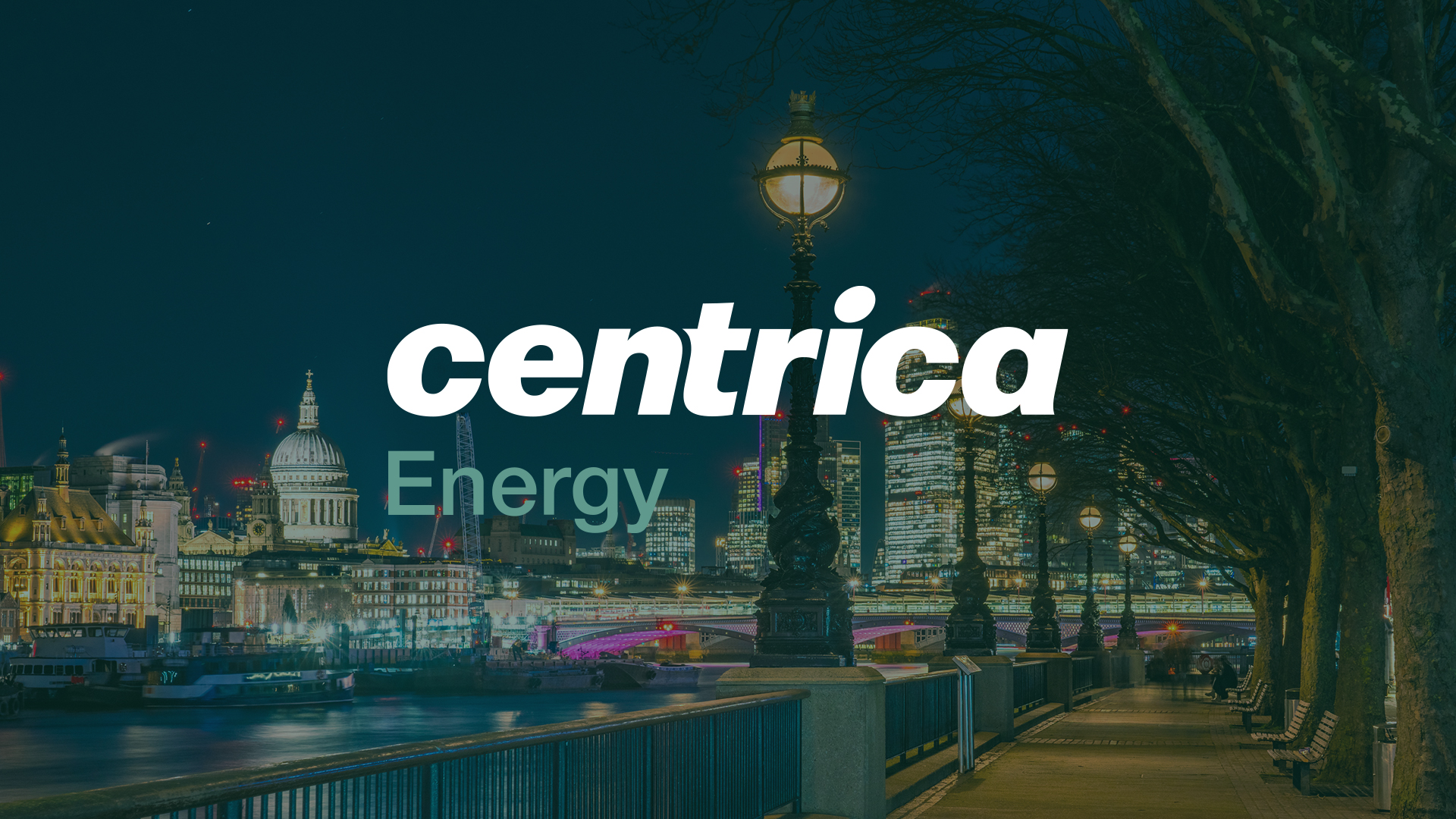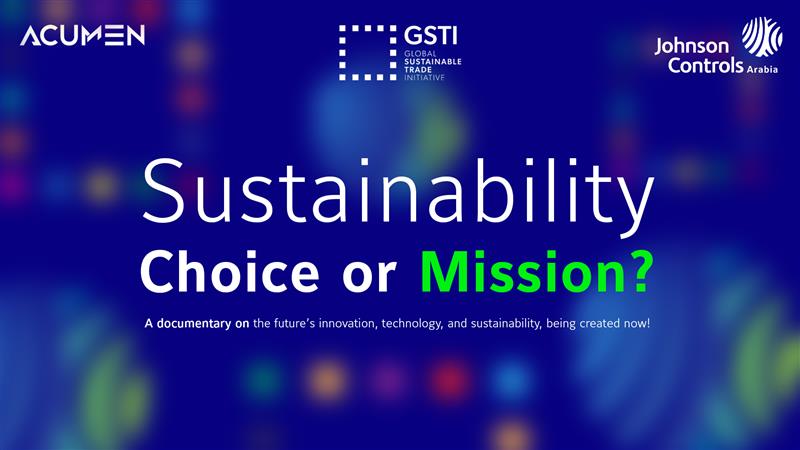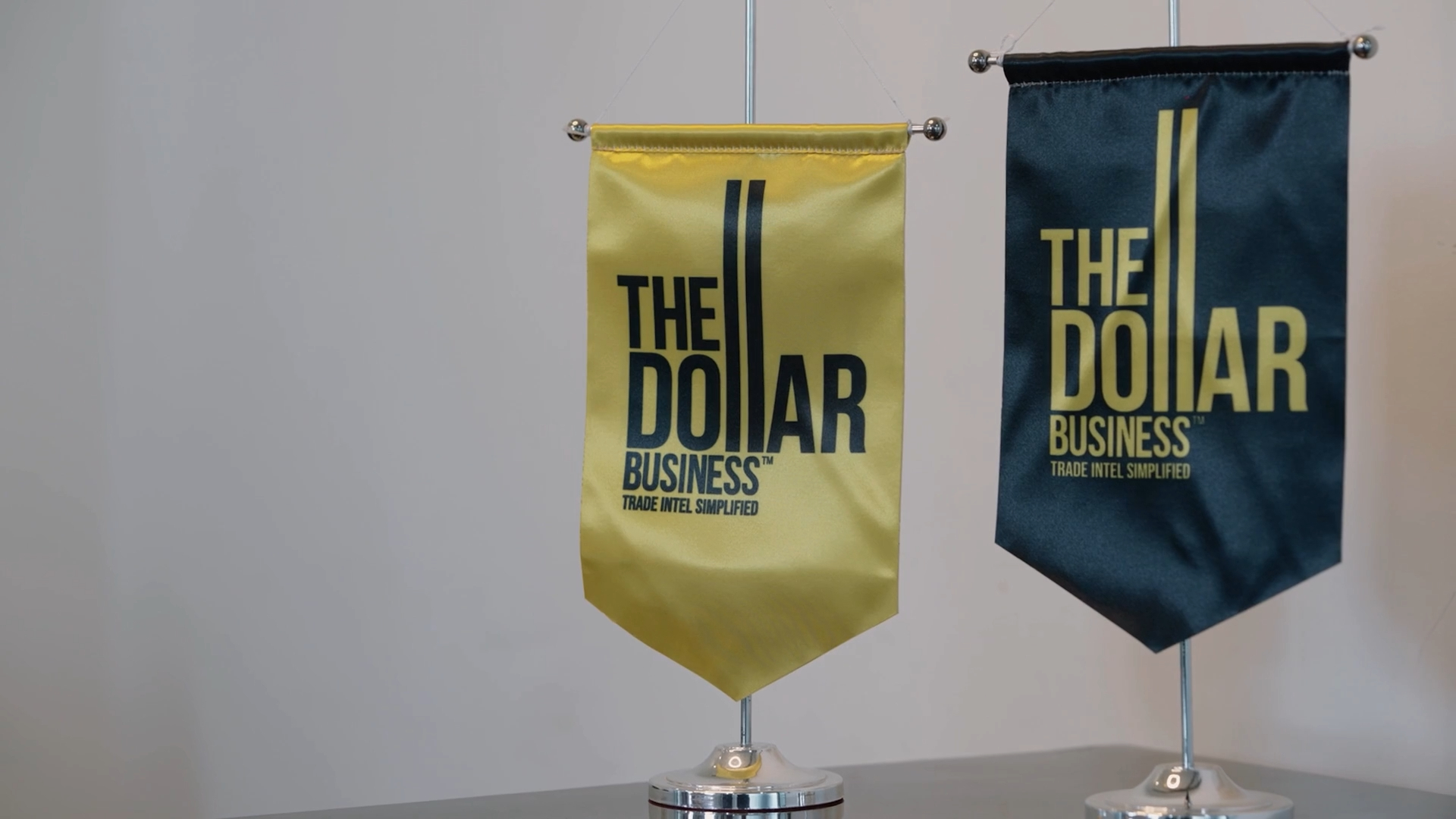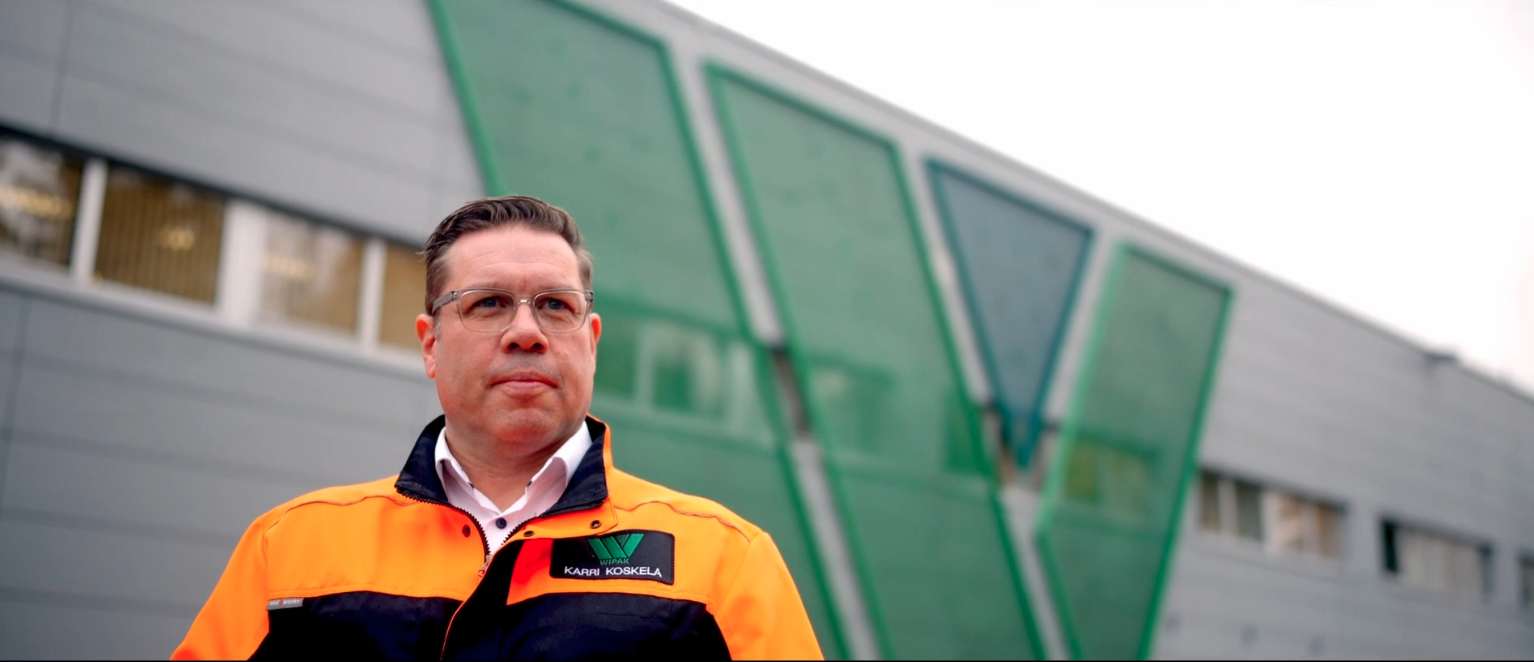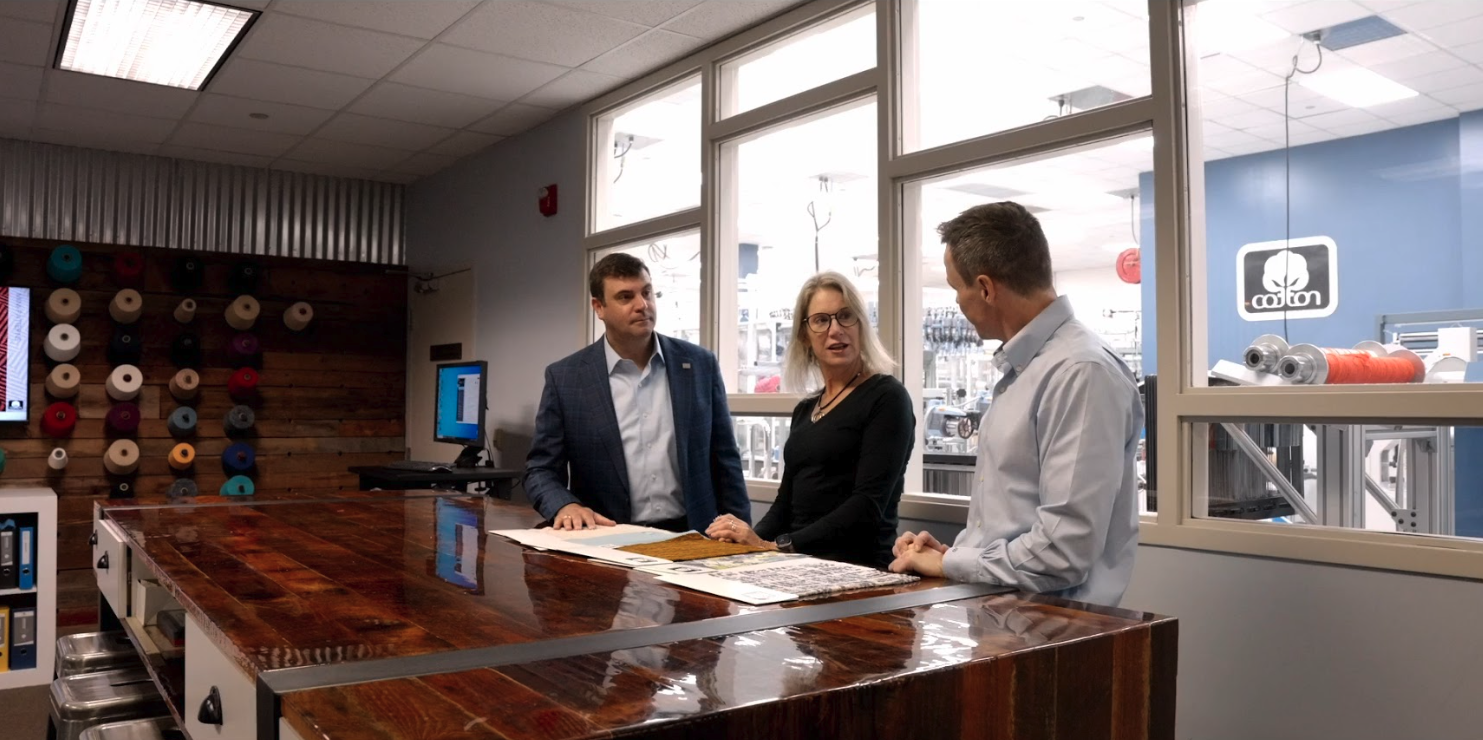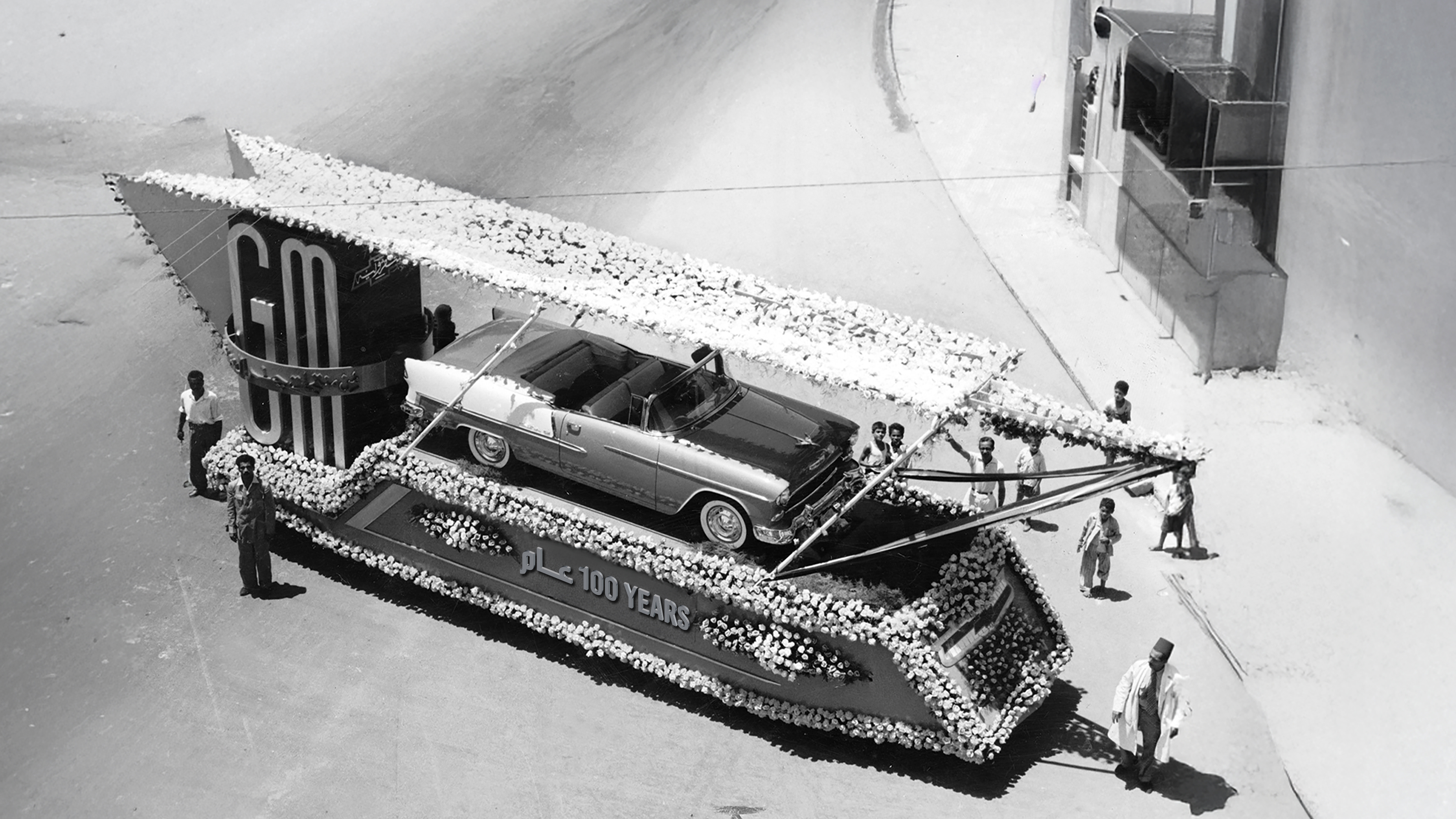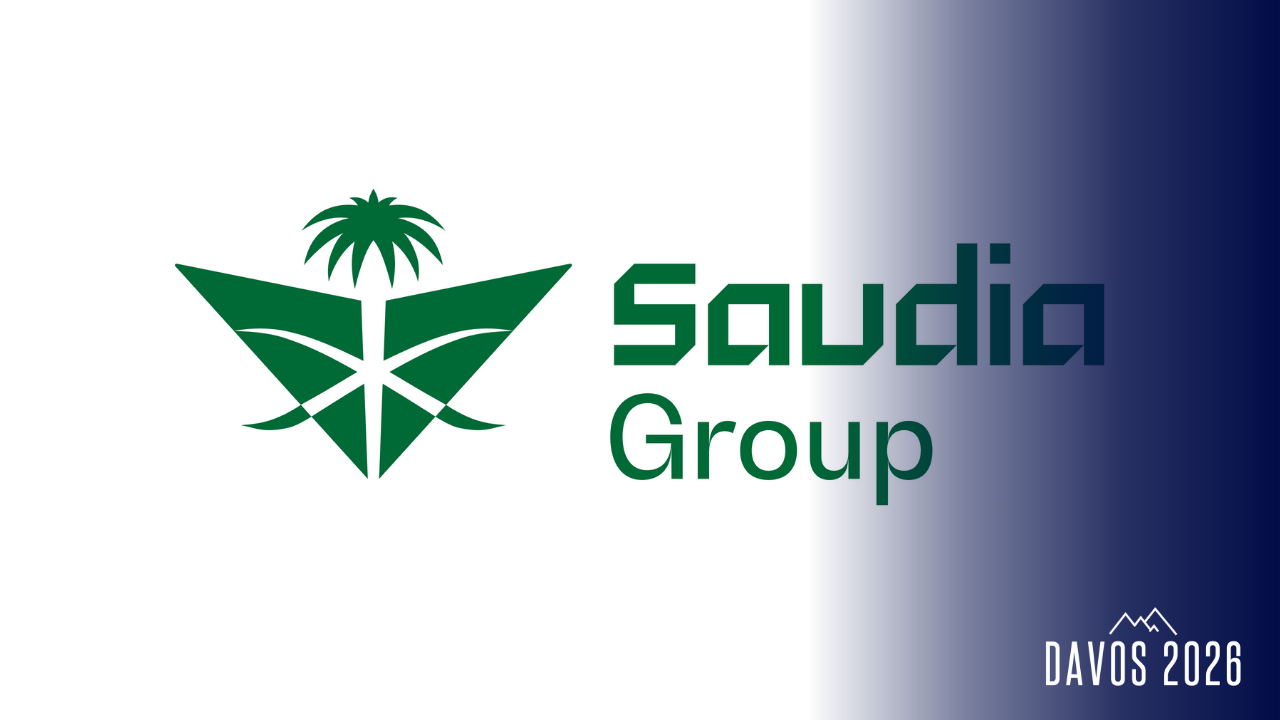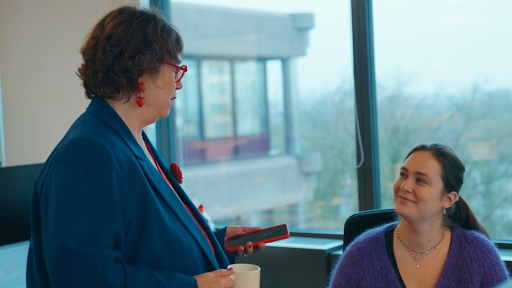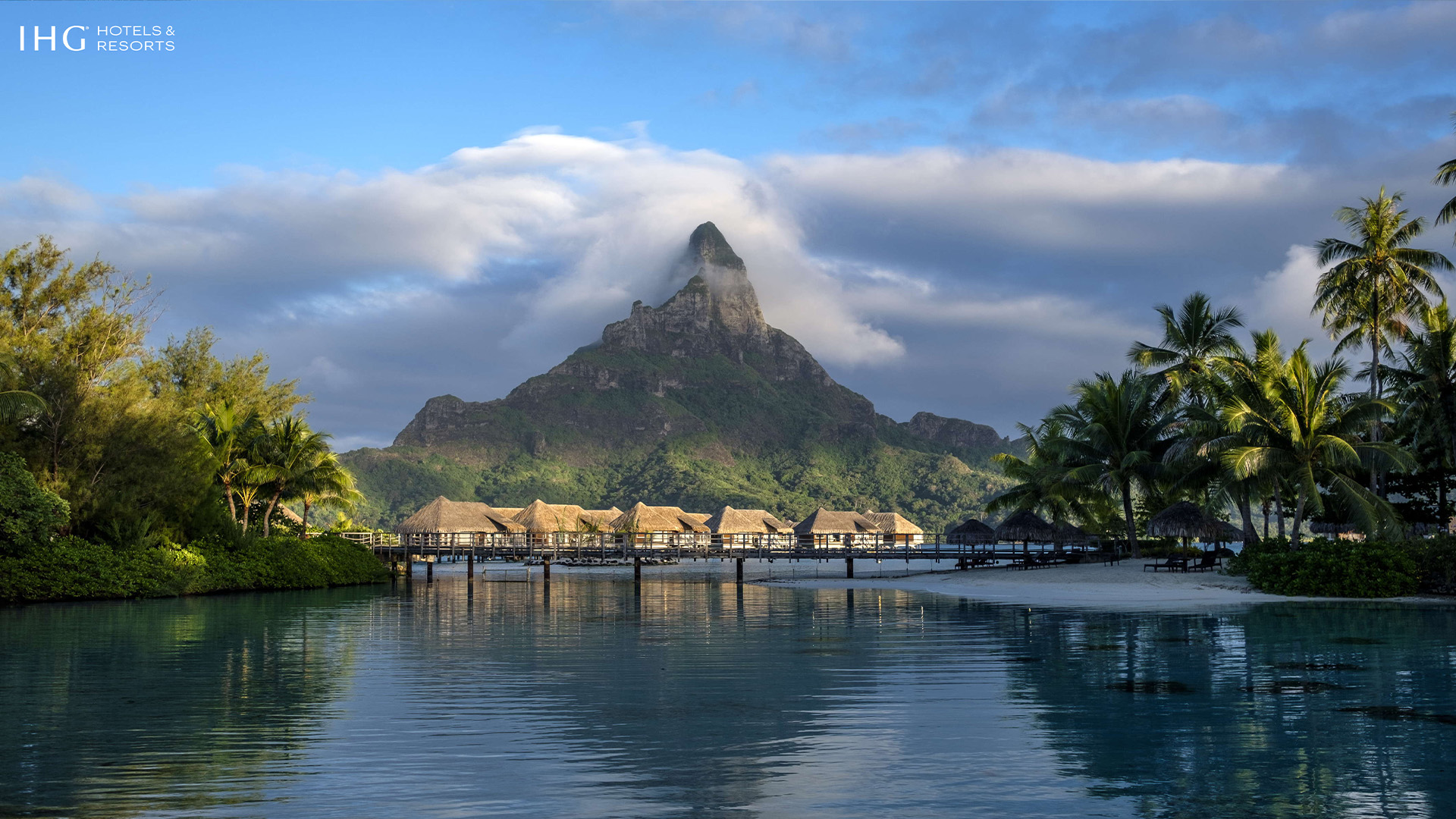Advancing sustainability in the PVC Industry
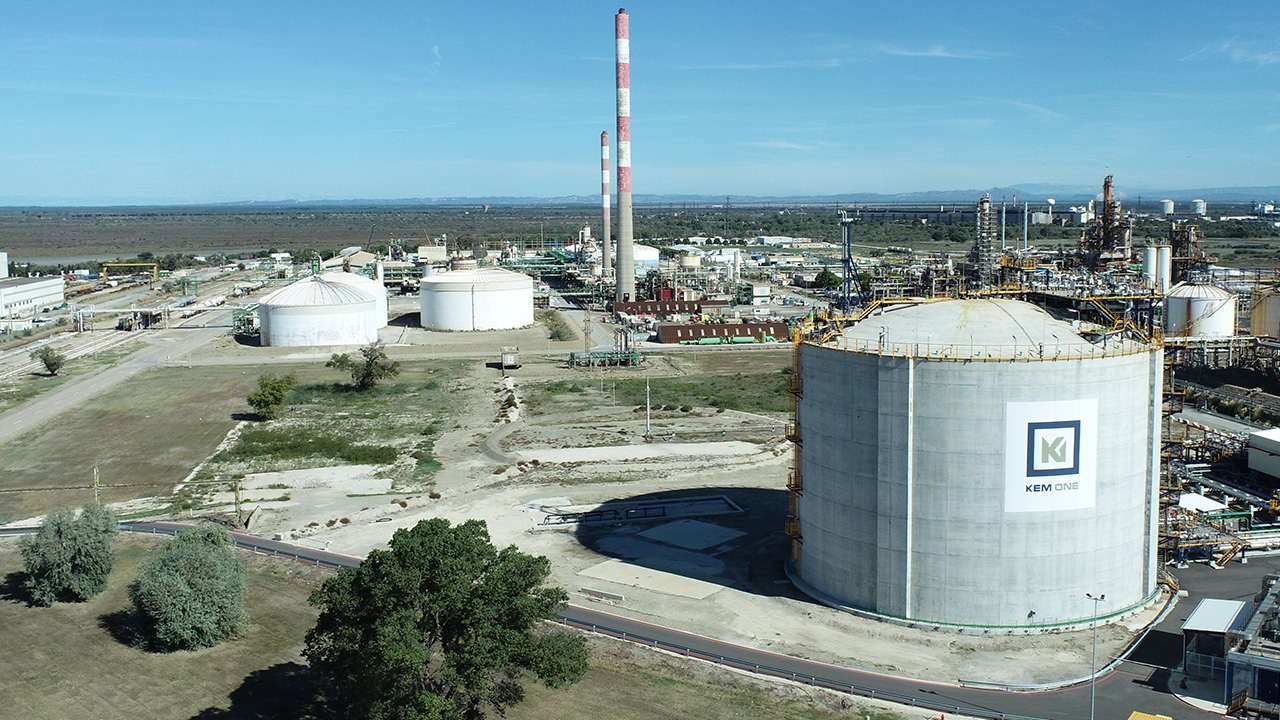
Kem One focuses on innovation and CSR to lead the vinyl sector in reducing carbon emissions and become a global leader in this effort
Polyvinyl chloride, or PVC, is a versatile and robust material that integrates into our daily lives for long-term applications. It is used to manufacture pipes, window frames, and floorings, as well as medical and automotive applications.
Kem One is a leading European industrial company specialising in the production of PVC, chlorine, and caustic soda. It is also France’s foremost producer of low-carbon hydrogen. The organisation offers essential and sustainable products from salt chemistry while contributing every day to the better preservation of resources and the climate.
Kem One is fully integrated, from salt extraction to product manufacture, with 95% of its production carried out in southern France, leveraging the country’s low-carbon electricity and strong transport infrastructure. Transportation of materials between its eight sites is carried out using pipes, trains, and hybrid barges.
A strong commitment to sustainability and corporate responsibility
Kem One places significant emphasis on its 2030 CSR strategy, aligning with the United Nations Sustainable Development Goals. Its strategy, built around four key pillars, demonstrates the organisation’s commitment to corporate responsibility and sustainability across all aspects of its business:
· Act for a safe and caring workplace
· Offer sustainable products and services
· Manufacture responsibly to reduce environmental footprint
· Collaborate with stakeholders to accelerate change
As part of its energy and climate policy, Kem One aims to reduce its greenhouse gas emissions by 40% by 2030 compared to 2019, contributing to carbon neutrality by 2050.
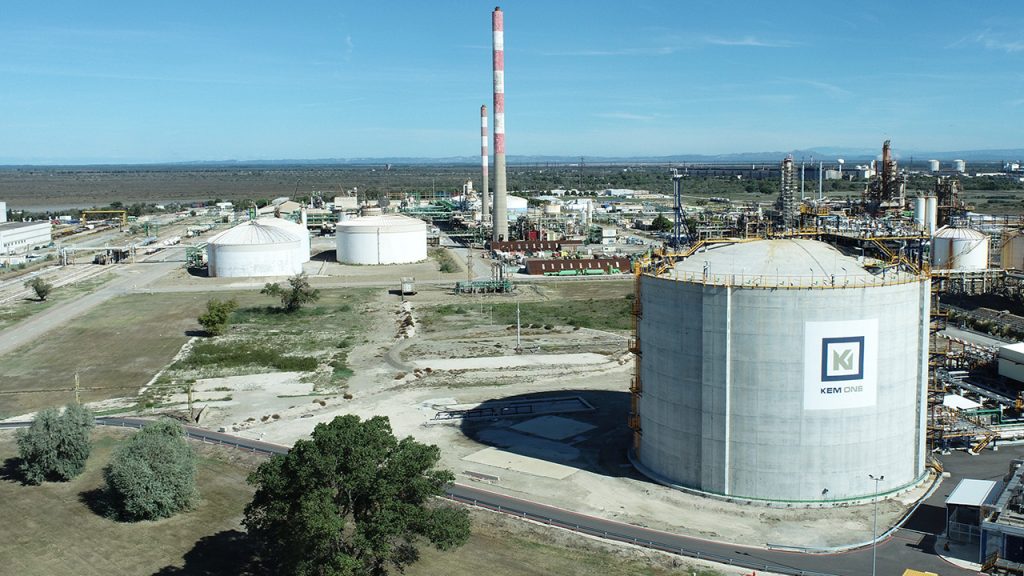
Major investments to reduce carbon footprint and water consumption
Across all its facilities and processes, Kem One proactively contributes to environmental preservation. This includes reducing carbon emissions and water consumption as well as minimising waste and reducing pressure on biodiversity.
Its Vauvert plant, located in the middle of orchards, vineyards and bull farming lands, focuses on extracting rock salt, which is then transported as brine, using pipes, to other Kem One facilities.
At the Fos-sur-Mer plant, this brine undergoes electrolysis to produce chlorine, caustic soda and hydrogen. A significant investment is being implemented on this site to use the most advanced technology, enhancing energy efficiency and reducing carbon emissions by 50,000 tons per year.
The Balan PVC manufacturing plant produces 300,000 tons of PVC annually. Investments have been undertaken to reduce water consumption by 30% since 2006 at constant production capacity. The site is committed to cutting water usage by a further 75% by 2030.
At the forefront of innovative recycling techniques
Advanced recycling technologies for end-of-life PVC products contribute to a circular economy and reduce PVC waste. At Kem One’s Saint Fons facility, a research pilot unit now recycles PVC items that previously went unrecycled, paving the way towards a more sustainable future. By 2030, Kem One aims to offer its customers 25% of sustainable products with improved environmental impact.
By pioneering innovative recycling technologies and integrating sustainability into its operations, Kem One exemplifies a commitment to reducing environmental impact and promoting resource conservation, positioning the company as a leader in driving sustainable industrial practices.

